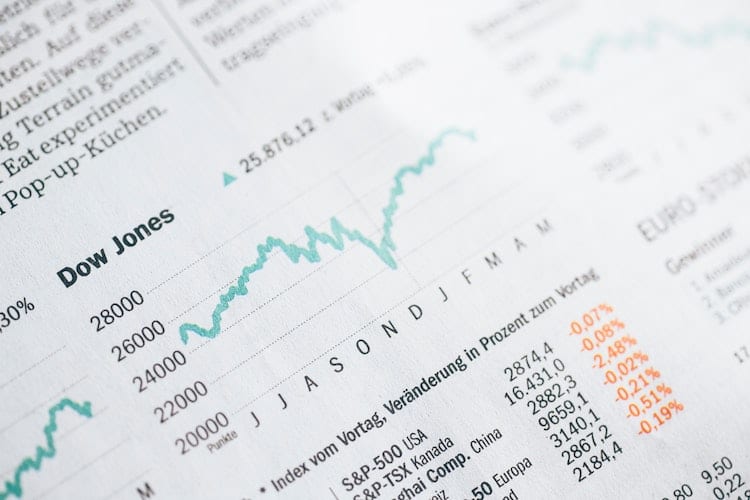Day Trading is Gaining Popularity During Coronavirus. Should You Try It?

Day trading is like the crazy, adventurous cousin to investing. Most investors usually wait months or years for their money to mature, but day traders get everything done before sunset. Since the coronavirus pandemic started, day trading has gained traction. Some people have found themselves stuck inside, and passed some of the time by day trading stocks.
But is that even a good idea? Day trading, during the most stable times, can lead to serious losses. The economic instability caused by the pandemic creates opportunities but also increases the risk. If you’re thinking about trying out day trading during the pandemic, here’s what you should know.
Day Trading Explained
Day trading is an exciting, enticing way to get into the stock market. The concept is pretty simple. Day traders buy stock early in the day, and then sell within the next few minutes or hours when they can turn a profit. Few, however, actually turn a profit. Some studies show that only 10 percent of day traders even make money doing it.
Generally, the practice isn’t nearly as glamorous as it seems. Even day traders that do earn money have to work incredibly hard to squeak out profits (or get very, very lucky). If you have notions of casually buying and selling stocks for a few hours a day, you probably won’t cut it.
Coronavirus Trading
The surge in day trading during the pandemic was at least partially due to Dave Portnoy, the founder of Barstool Sports. Following the stock market crash in March, stocks have been slowly rising back to their pre-pandemic marks. Portnoy, who said he had never day traded before the pandemic, started live-streaming his trades in June. Often he drew hundreds of thousands of views, and many people followed his lead.
Portnoy and other coronavirus day traders seek to capitalize on the current market uncertainty. In theory, a constantly fluctuating market creates more avenues for earning. For instance, Disney was trading at $111.46 per stock when trading opened on July 1st. At 10:30 am, the stock jumped to $114.30, before dipping back to $112.50 around 11:30. In a daytrader’s daydream scenario, they would be able to get in at open and sell off at the peak of the day. While blue-chip stocks provide less room for growth in a short span, cheaper penny stocks can grow by 50 percent in a few hours in some cases.
Pitfalls to Avoid
Of course, it doesn’t always work as planned. If day trading was easy, everyone would be rich, but there are plenty of mistakes that traders commonly make. Knowing (and avoiding) these won’t guarantee that you’ll be profitable, but it’s a good place to start.
- Commission Fees: Fee-free trading has become more popular in recent years, but some trading platforms still charge you on each trade. Finding a fee-free platform like E*Trade should be your first step.
- Overtrading: Day trading is inherently risky, so you should never invest more money than you’re willing to lose. In addition to the amount of money you put in, you shouldn’t be making a crazy amount of actual trades each day. Research, make a few picks, and be as patient as you can. You can day trade without being too rash.
- Buying the Hottest or Coldest Stocks: Generally speaking, it’s a good rule of thumb to avoid the biggest movers of the day, whether they’re trending up or down. If a stock skyrockets and you haven’t gotten in yet, you’ve probably missed the best time to buy and could end up losing money after the stock peaks and regresses. If a stock is plummeting, it might be enticing to try to buy low, especially if the six-month high is astronomically above the current price. But stocks plummet for a reason, and others trade for $0.06 per share for a reason. Stay away.
The Bottom Line
Day trading isn’t easy or glamorous, but it can certainly be an exciting way to get introduced to the stock market. Effective day trading takes meticulous research and careful monitoring of the market. If you want to get started, only use the money you can absolutely afford to lose. If you bottom out, it’s nothing too serious, but if you start to earn some cash you build a greater cushion for yourself.
See Also: The Stock Market Explained









